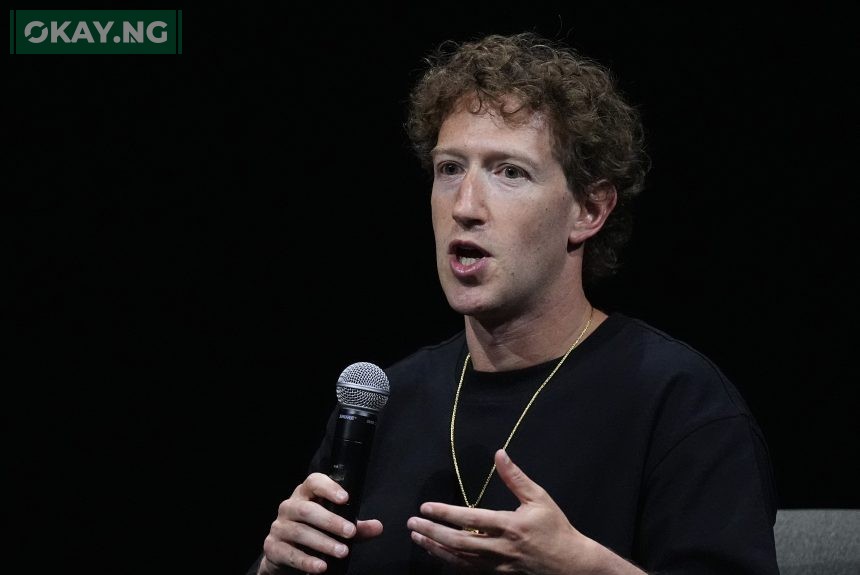Meta Platforms and the federal government are set to clash in a high-stakes antitrust trial beginning today in U.S. District Court, Washington, D.C. The core issue: whether Meta, led by CEO Mark Zuckerberg, illegally acquired Instagram and WhatsApp to stifle competition. The Federal Trade Commission (FTC) alleges Meta’s acquisitions were strategic moves to eliminate emerging rivals, hindering innovation and harming consumers.
This legal battle, presided over by Judge James E. Boasberg, chief judge of the Federal District Court for the District of Columbia, could reshape the $1.3 trillion tech giant. If the FTC prevails, Meta may be forced to divest Instagram and WhatsApp, critical assets in its digital communication and advertising empire.
“These acquisitions were not random,” the FTC argues, asserting they were “strategic moves to eliminate nascent threats before they could flourish.”
The trial follows a similar antitrust case against Google’s parent company, Alphabet, where a judge ruled Google had illegally maintained a monopoly over the general search market. These cases signal a renewed focus on Big Tech’s market power.
Key Points of Contention:
- Acquisition Motives: The FTC contends Meta’s acquisitions, particularly Instagram in 2012 for $1 billion and WhatsApp in 2014 for $19 billion, were anti-competitive. Internal communications, including a 2008 email attributed to Zuckerberg stating, “It is better to buy than compete,” are cited as evidence.
- Market Definition: Meta argues the FTC’s focus on “personal social networking services” is too narrow, excluding competitors like TikTok, YouTube, X (formerly Twitter), LinkedIn, iMessage and Snapchat. They claim this broader view weakens the argument for monopolistic dominance.
- Financial Impact: Instagram generated $32 billion in U.S. ad revenue in 2024, nearly half of Meta’s total revenue. WhatsApp, while smaller at $1.7 billion in business messaging revenue, remains a strategic asset. A forced divestiture would significantly impact Meta’s bottom line.
- Precedent Setting: The outcome of this trial will have far-reaching implications for future antitrust cases against other tech giants like Apple, Amazon, and Microsoft, already facing scrutiny.
“The FTC’s case ignores market realities,” a Meta spokesperson stated. “The idea that Facebook operates without competition is not just outdated, it’s wrong. And attempting to unwind transactions that regulators reviewed and cleared over a decade ago would set a dangerous precedent for American innovation.”
This case revives a decade-old debate about regulatory oversight of Big Tech. For many users, this trial represents a potential shift in the digital landscape, impacting how they connect and interact online. The outcome could lead to increased competition, potentially fostering innovation and offering consumers more choices.
The implications for Meta and the broader tech industry are significant. The trial will determine if regulators can effectively address the power of these digital behemoths.













